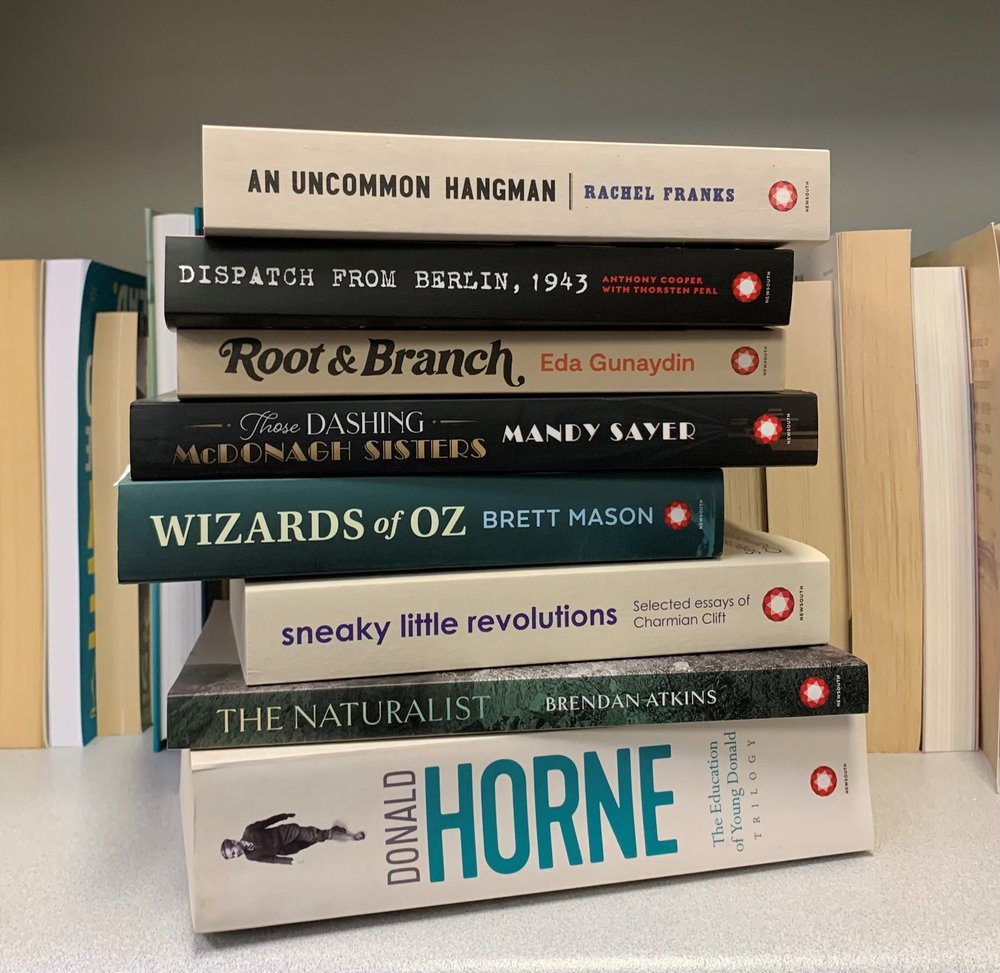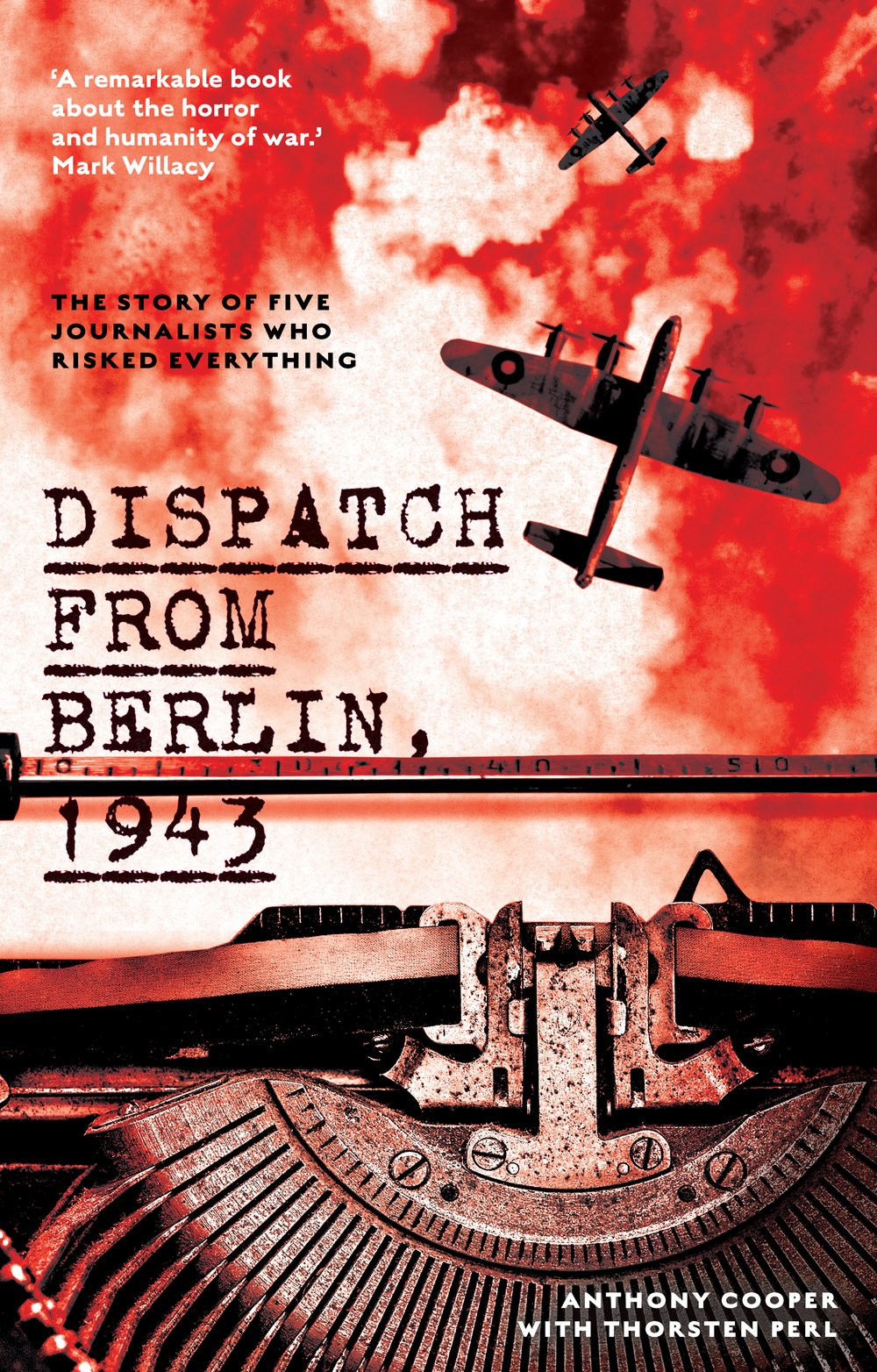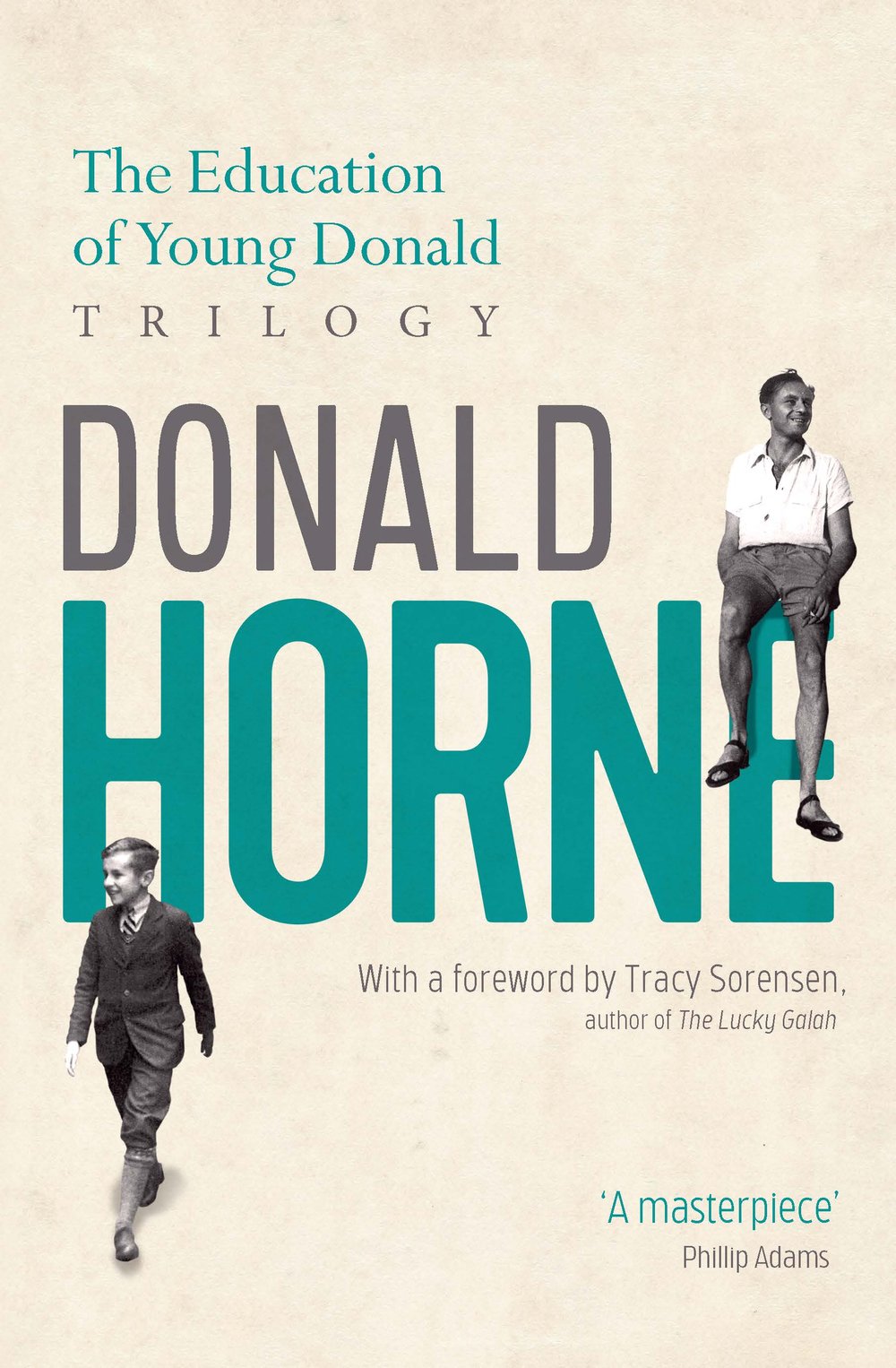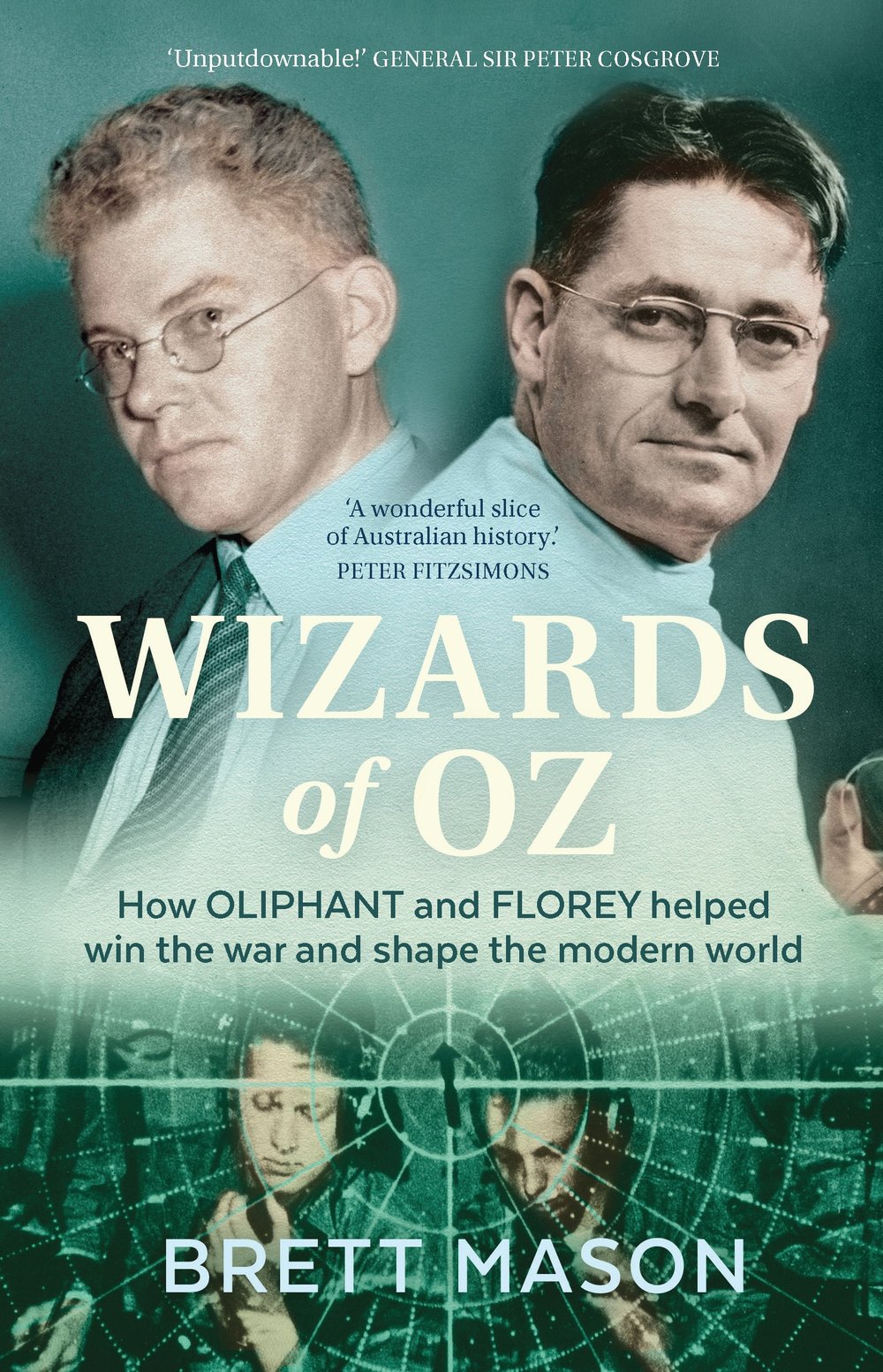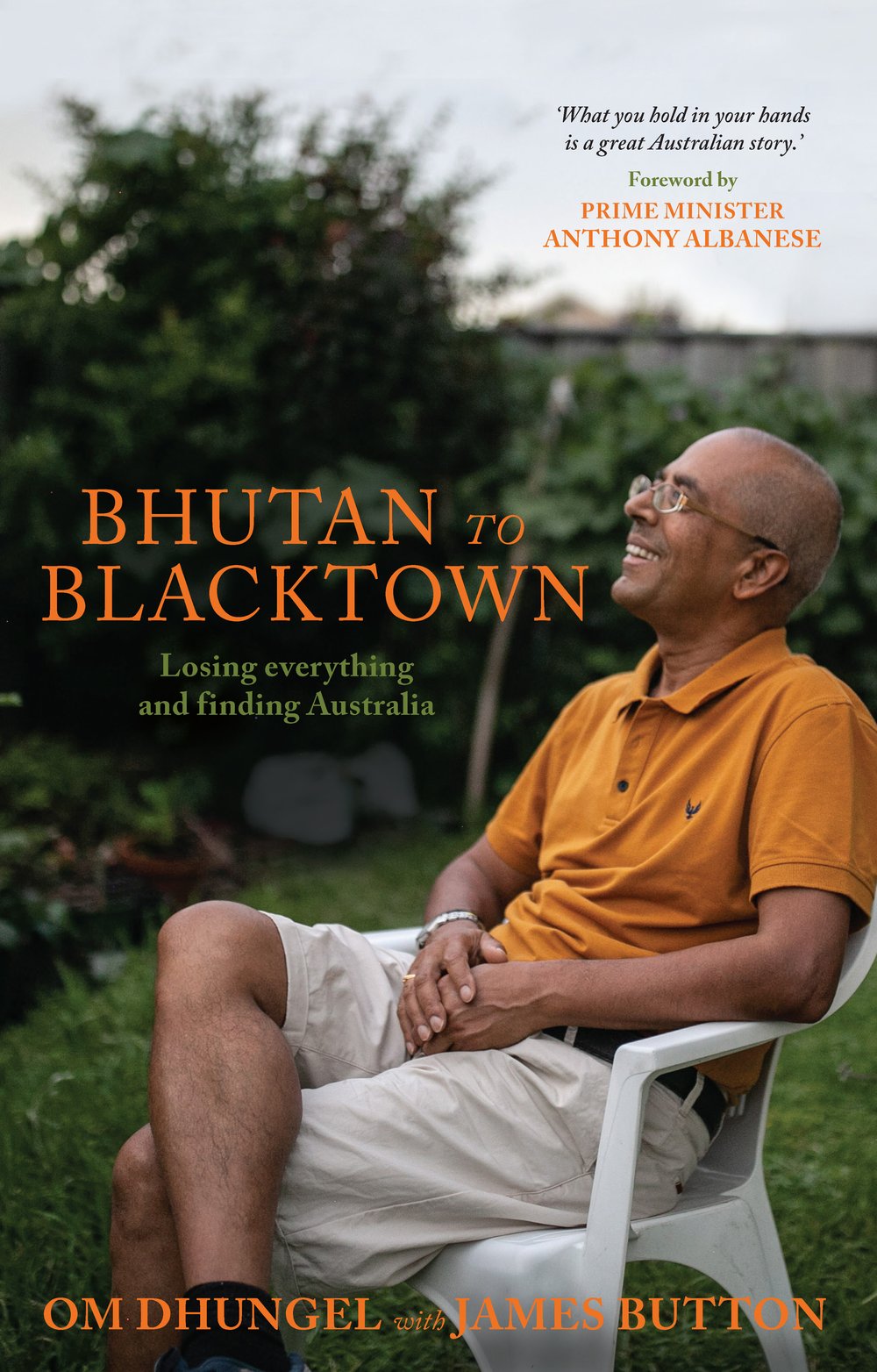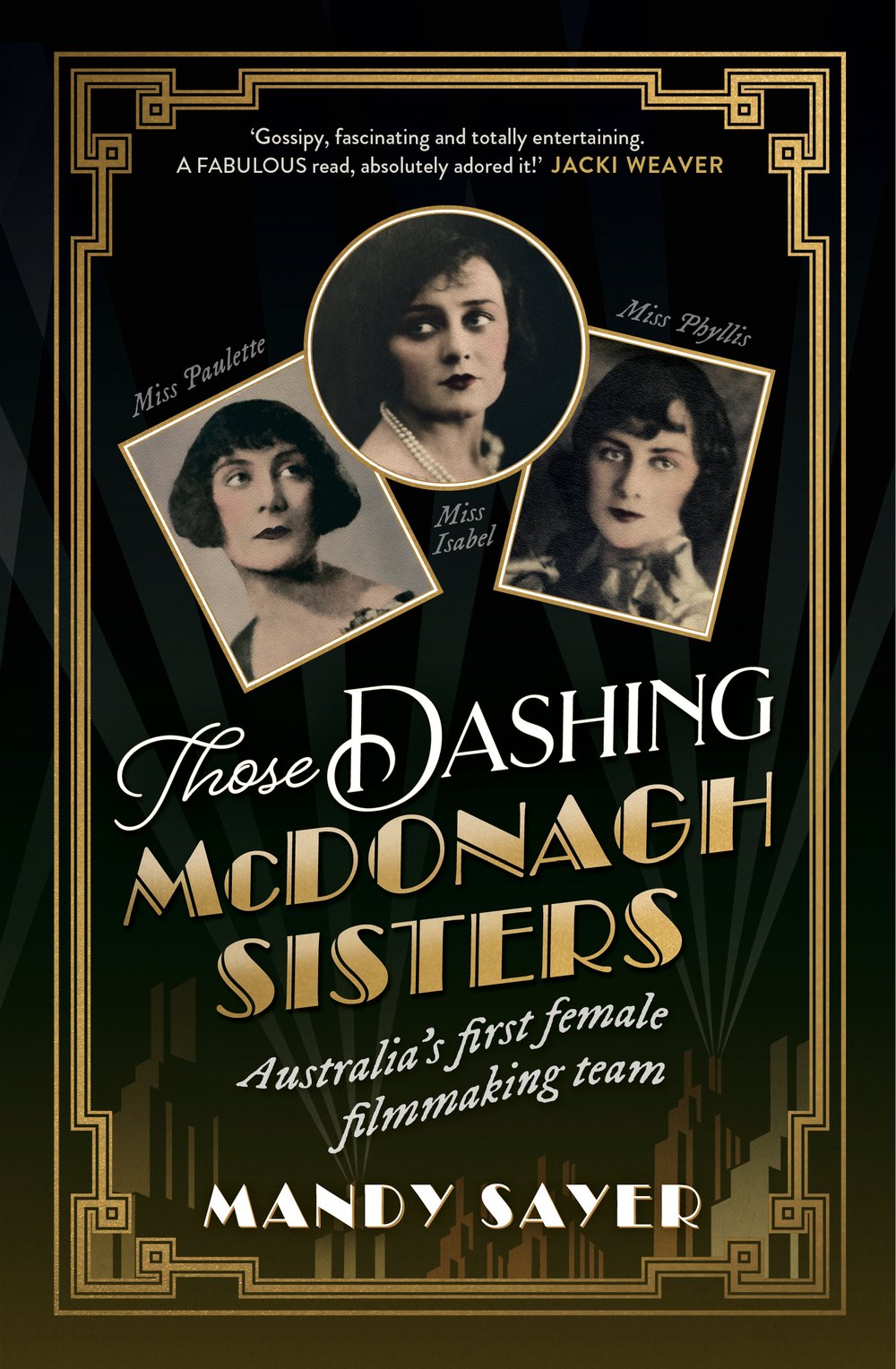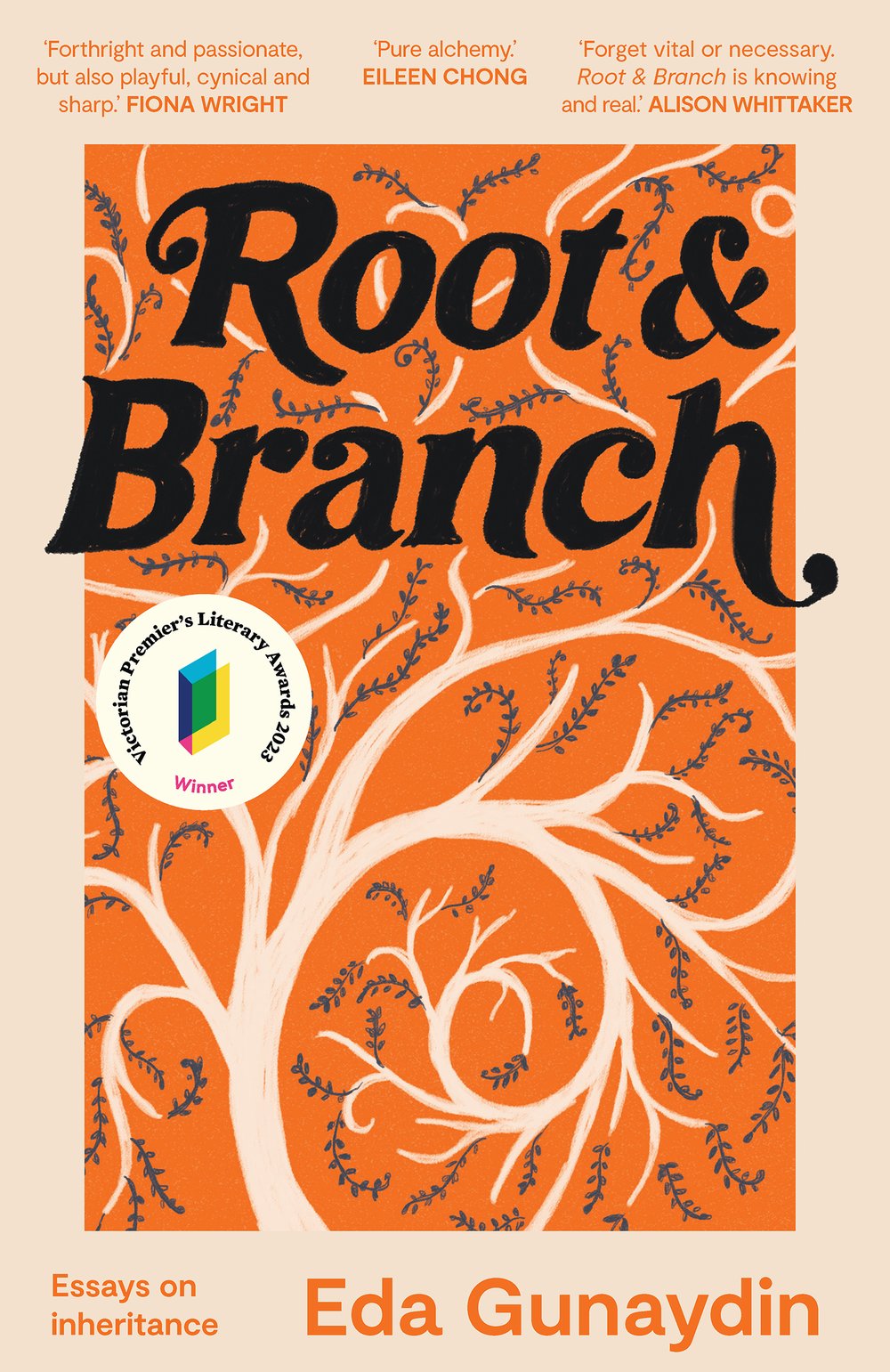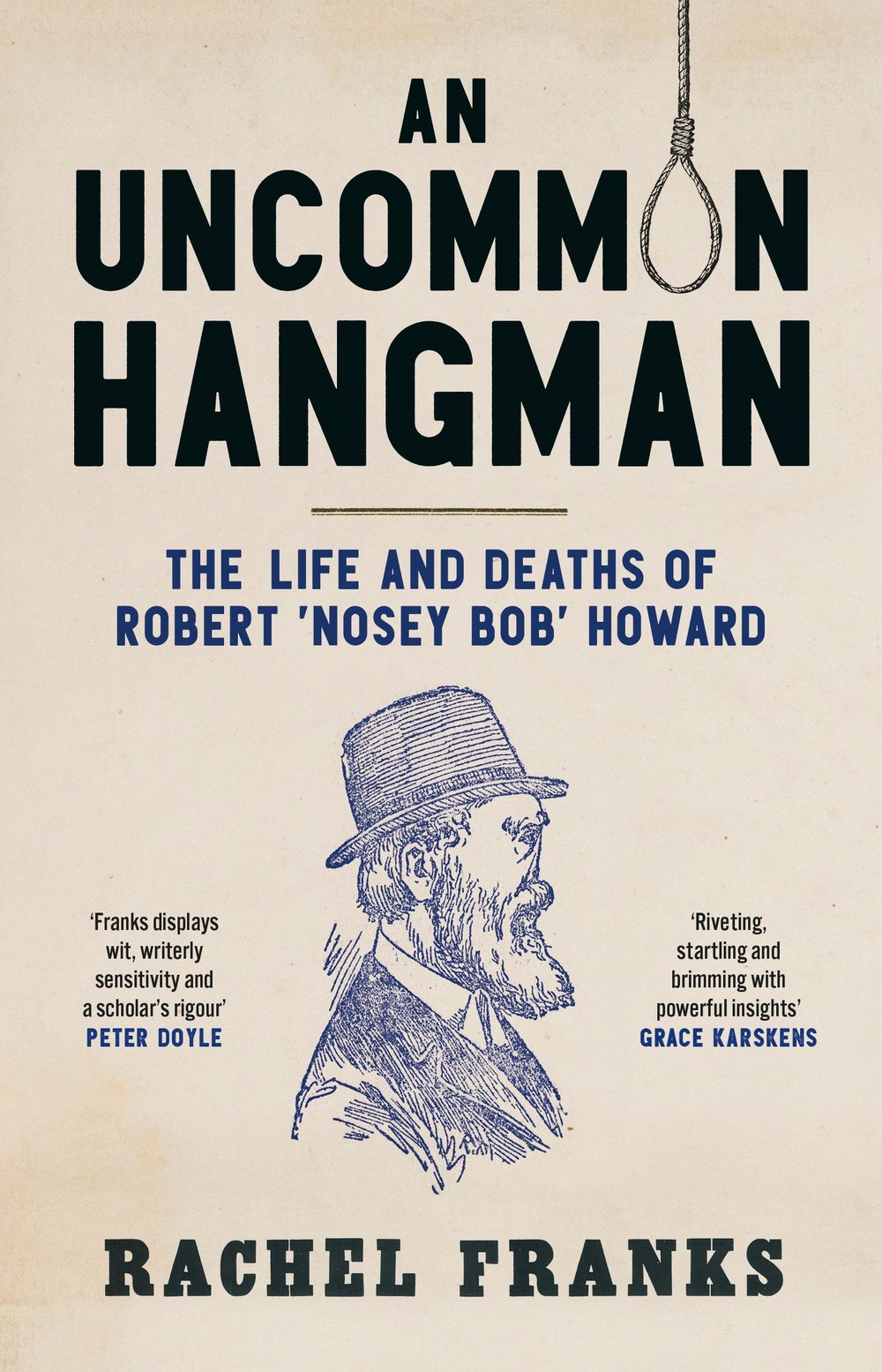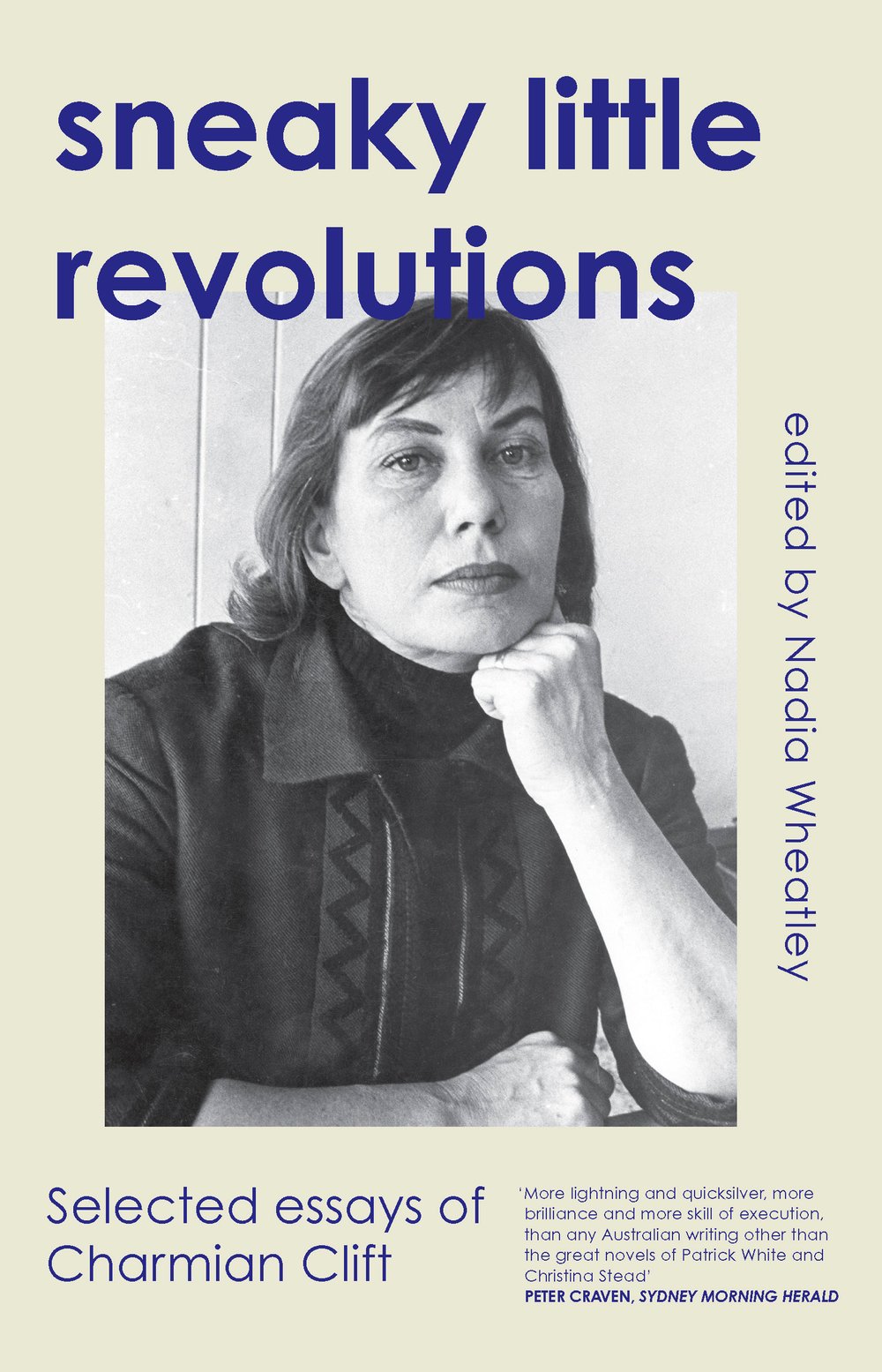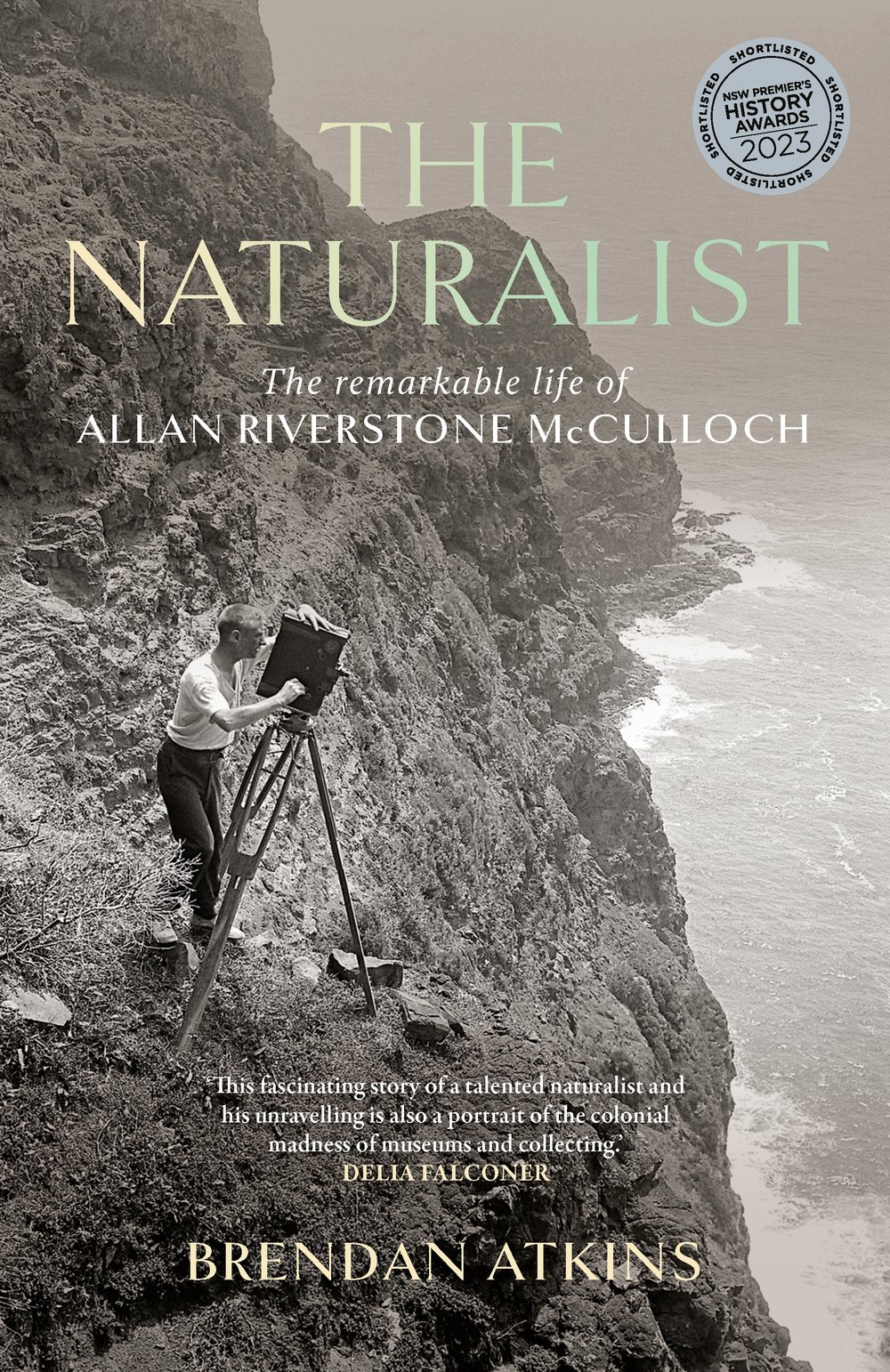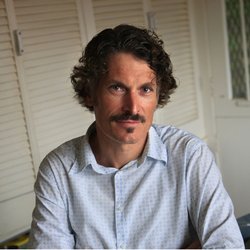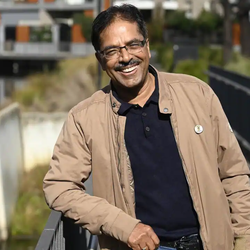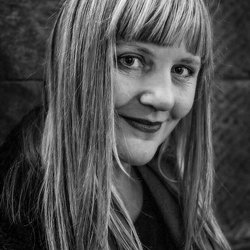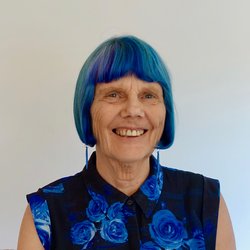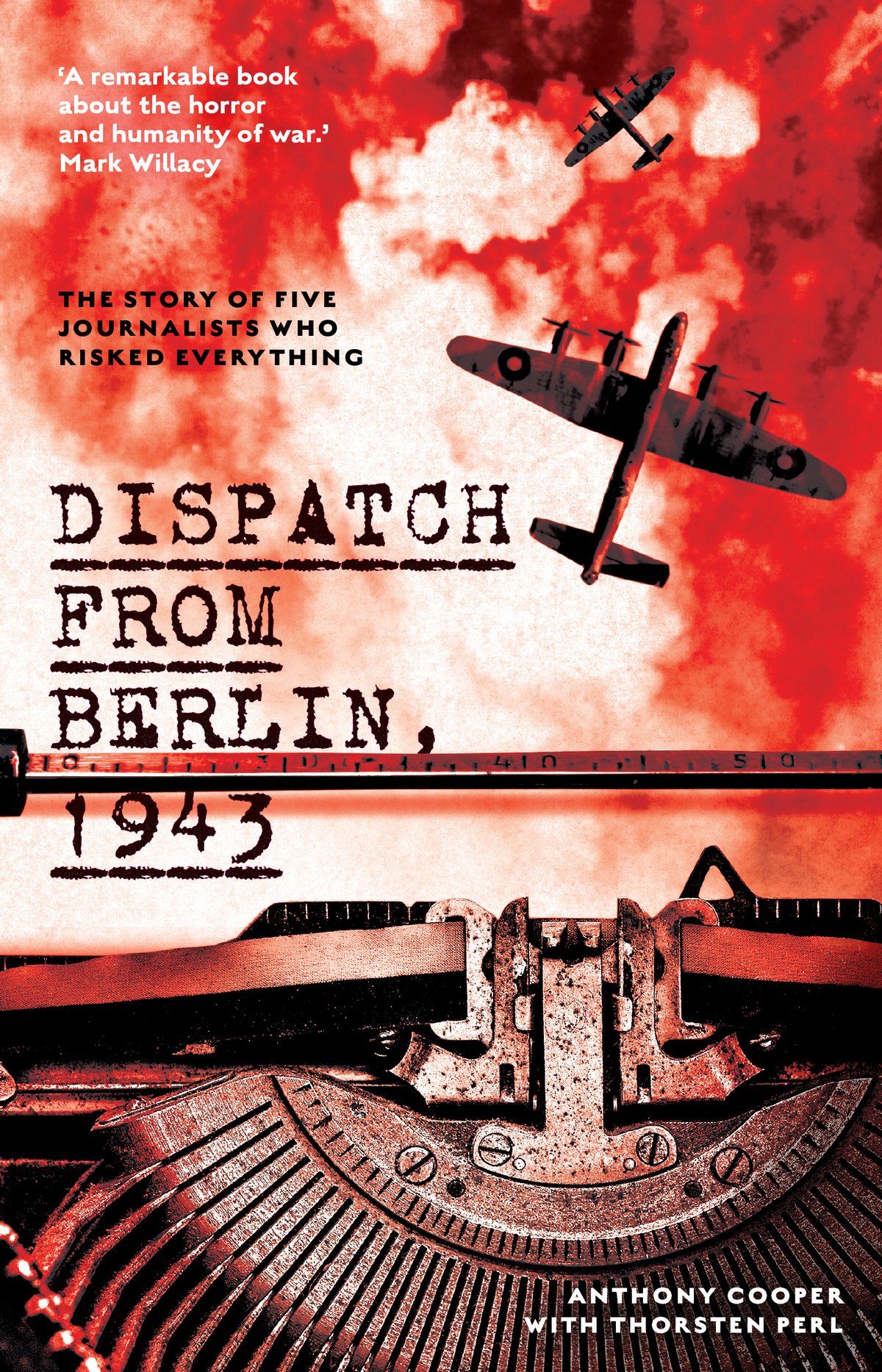
In December 1943, five courageous correspondents join a British air raid on Berlin. They are Australians, Alf King from the Sydney Morning Herald and Norm Stockton from the Sydney Sun; Americans, Ed Murrow from CBS and Lowell Bennett from the International News Service; and Norwegian journalist and activist, Nordahl Grieg. Each is assigned to one of the 400 Lancaster bombers that fly into the hazardous skies over Germany on a single night. Of the five, only two land back at base to file their stories.
In Dispatch from Berlin, 1943, Anthony Cooper and Thorsten Perl uncover this incredible true story of life on both sides of the war.
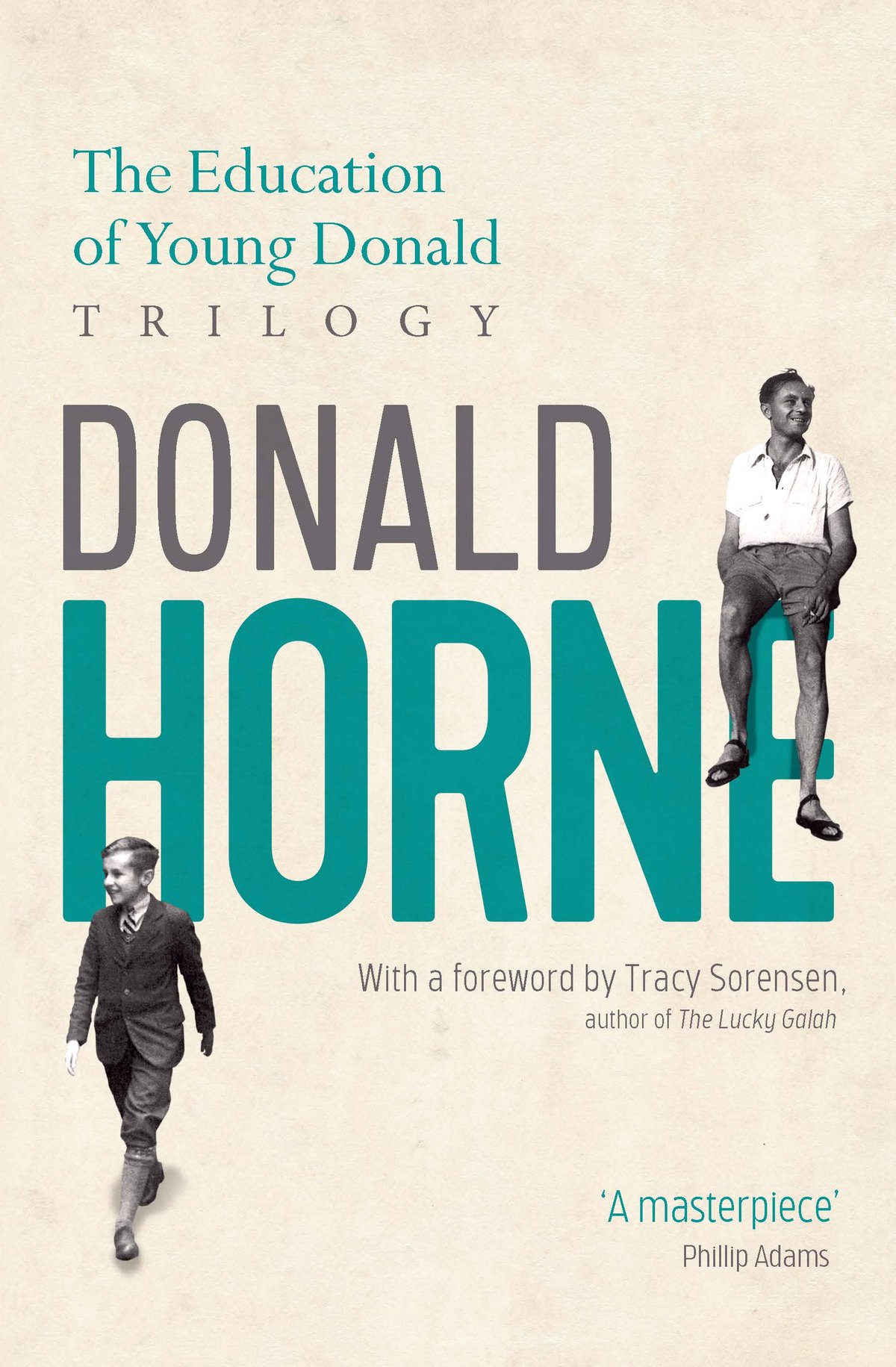
A classic of Australian literature, The Education of Young Donald Trilogy combines Donald Horne’s three autobiographies – The Education of Young Donald (1967), Confessions of a New Boy (1985) and Portrait of an Optimist (1988) – in one volume. With a keen intellect, sharp wit and dry humour, Horne vividly describes his formative years as he moves between different millieux, from an idyllic rural childhood to the excitement of university, experience as a Second World War serviceman, life in post-war England and the rough and tumble world of old-school journalism.
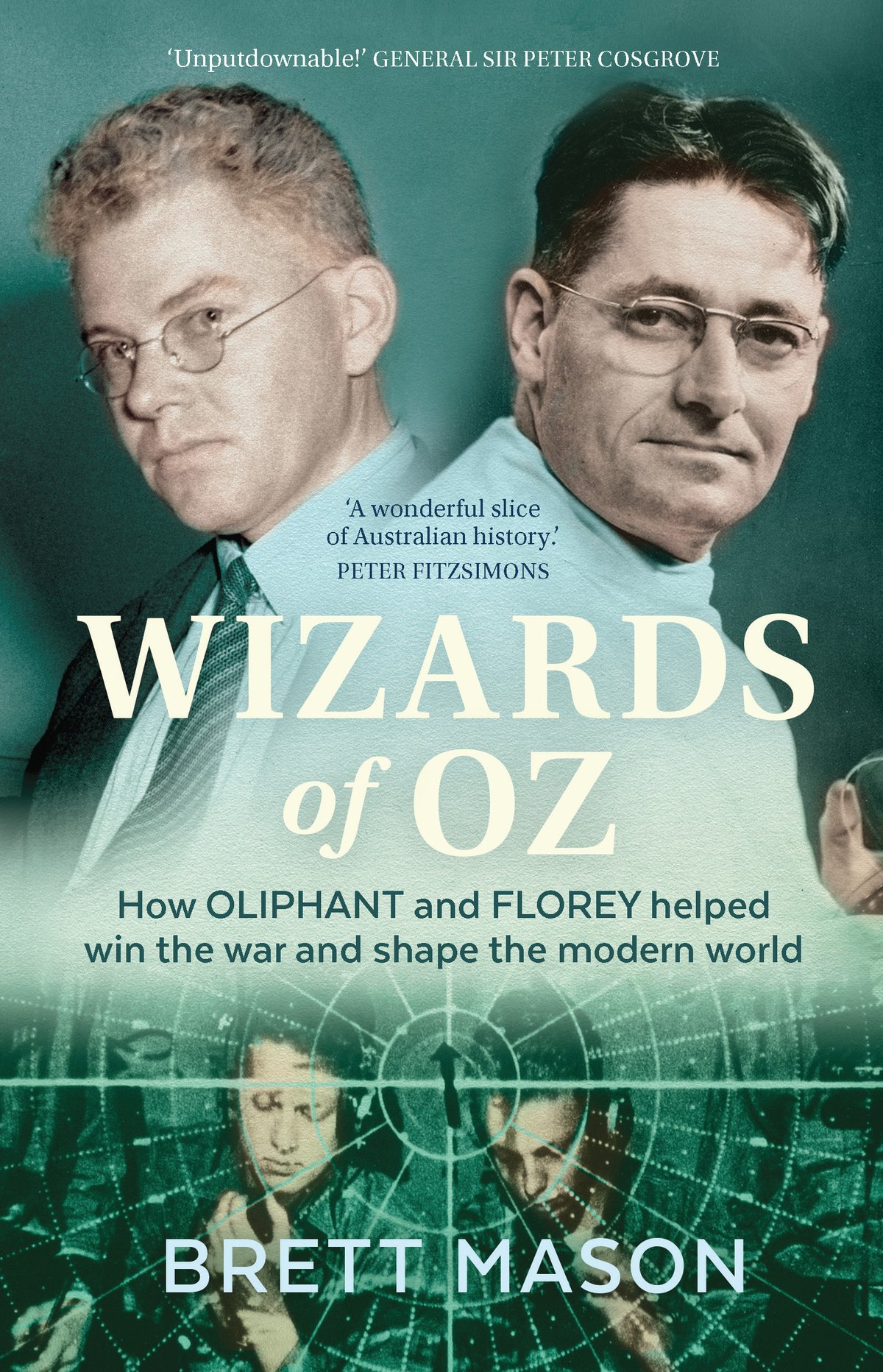
If you're a fan of the blockbuster film Oppenheimer, this is the book for you!
In this fast-paced and compelling book, Brett Mason reveals how childhood friends from Adelaide — physicist Mark Oliphant and medical researcher Howard Florey — initiated the most significant scientific and industrial projects of the Second World War: manufacturing penicillin, developing microwave radar and building the atomic bomb. These innovations gave the Allies the edge and ultimate victory over Germany and Japan.
More than just a story of scientific discovery, Wizards of Oz is a remarkable tale of secret missions, international intrigue and triumph against all odds. Mason tells how Oliphant and Florey were also instrumental in convincing a reluctant United States to develop and deploy the three breakthrough inventions in time to change the course of the war.
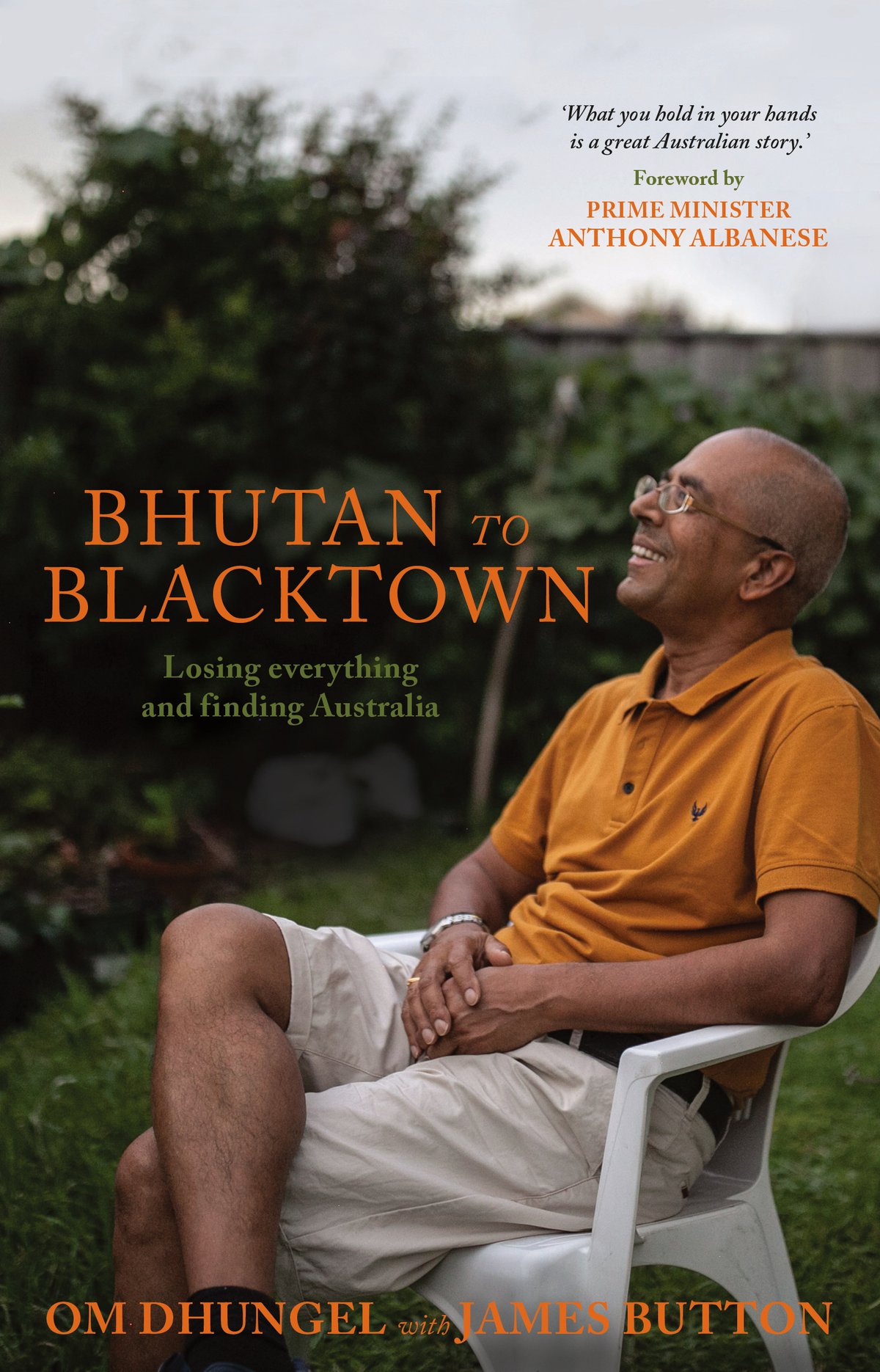
Bhutan to Blacktown tells Om Dhungel’s remarkable story — his journey from a remote village to a senior position in the Bhutanese Civil Service, to life as a human rights activist in Nepal and, eventually, to his work as a community leader in Blacktown, western Sydney.
Written with Walkley Award-winning journalist James Button, Bhutan to Blacktown is a story of grit and struggle, humour and irrepressible optimism — and how losing nearly everything shaped one man’s character and fate.
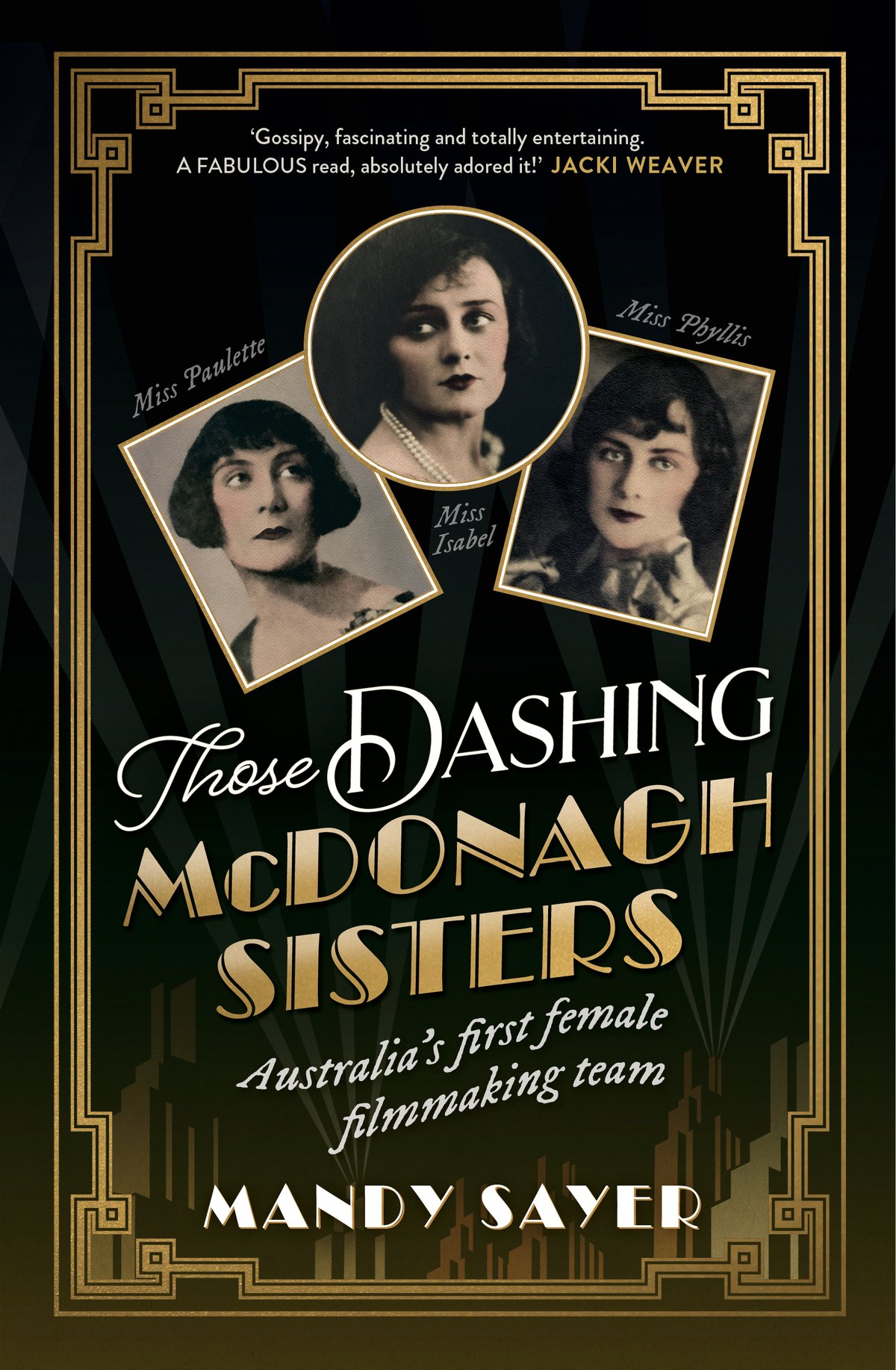
The trailblazing McDonagh sisters were the first women in Australia to form their own film production company. Between 1926 and 1933, while they were in their mid-twenties, these sassy sisters produced four feature films and a number of documentaries.
The youngest, Paulette, was one of only five women film directors in the world. Phyllis produced, art directed, and conducted publicity. And the eldest, Isabel, under her stage name Marie Lorraine, acted superbly in all the female leads. Together, the sisters transformed Australian cinema’s preoccupations with the outback and the bush – and what they mocked as ‘haystack movies’ – into a thrilling, urban modernity.
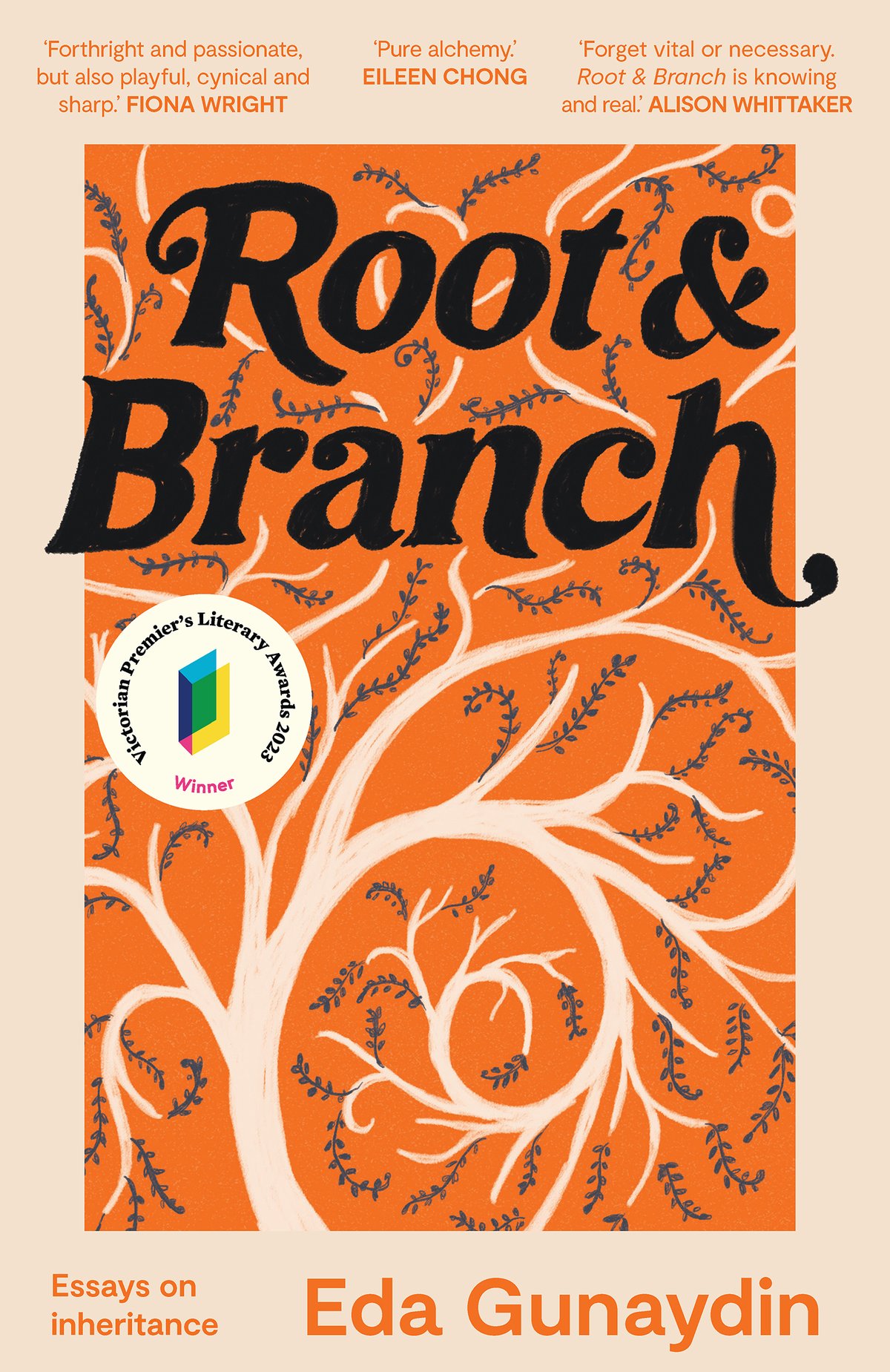
** Winner, Victoria Premier’s Literary Awards 2023, Non-fiction **
** Shortlisted, The ABIA's Matt Richell Award for New Writer of the Year 2023 **
There is a Turkish saying that one’s home is not where one is born, but where one grows full – doğduğun yer değil, doyduğun yer. Exquisitely written, Root & Branch unsettles neat descriptions of inheritance, belonging and place. Eda Gunaydin’s essays ask: what are the legacies of migration, apart from loss? And how do we find comfort in where we are?
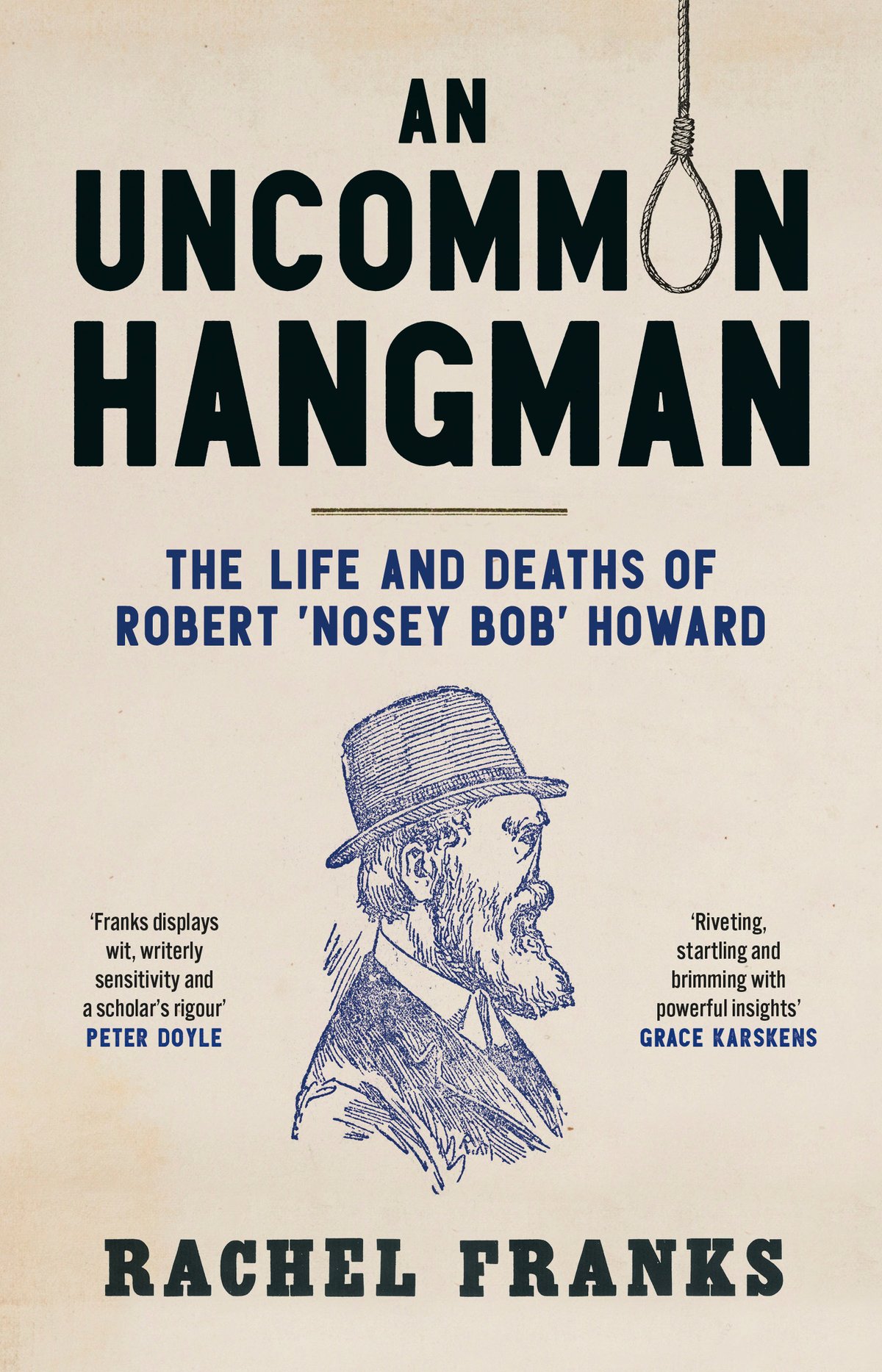
Robert ‘Nosey Bob’ Howard used to be a household name. Today, the noseless hangman who sparked fear and fascination everywhere he went is largely forgotten, yet Howard is vital to understanding attitudes towards capital punishment in Australia. Howard’s story is a critical chapter in the history of how generally enthusiastic spectators at early executions were overtaken by campaigners for the abolition of the death penalty.
This dramatic tale of life, death and radical social change is told through the sixty-one men and one woman who met Nosey Bob, under the worst possible circumstances, when he served as a New South Wales executioner between 1876 and 1904.
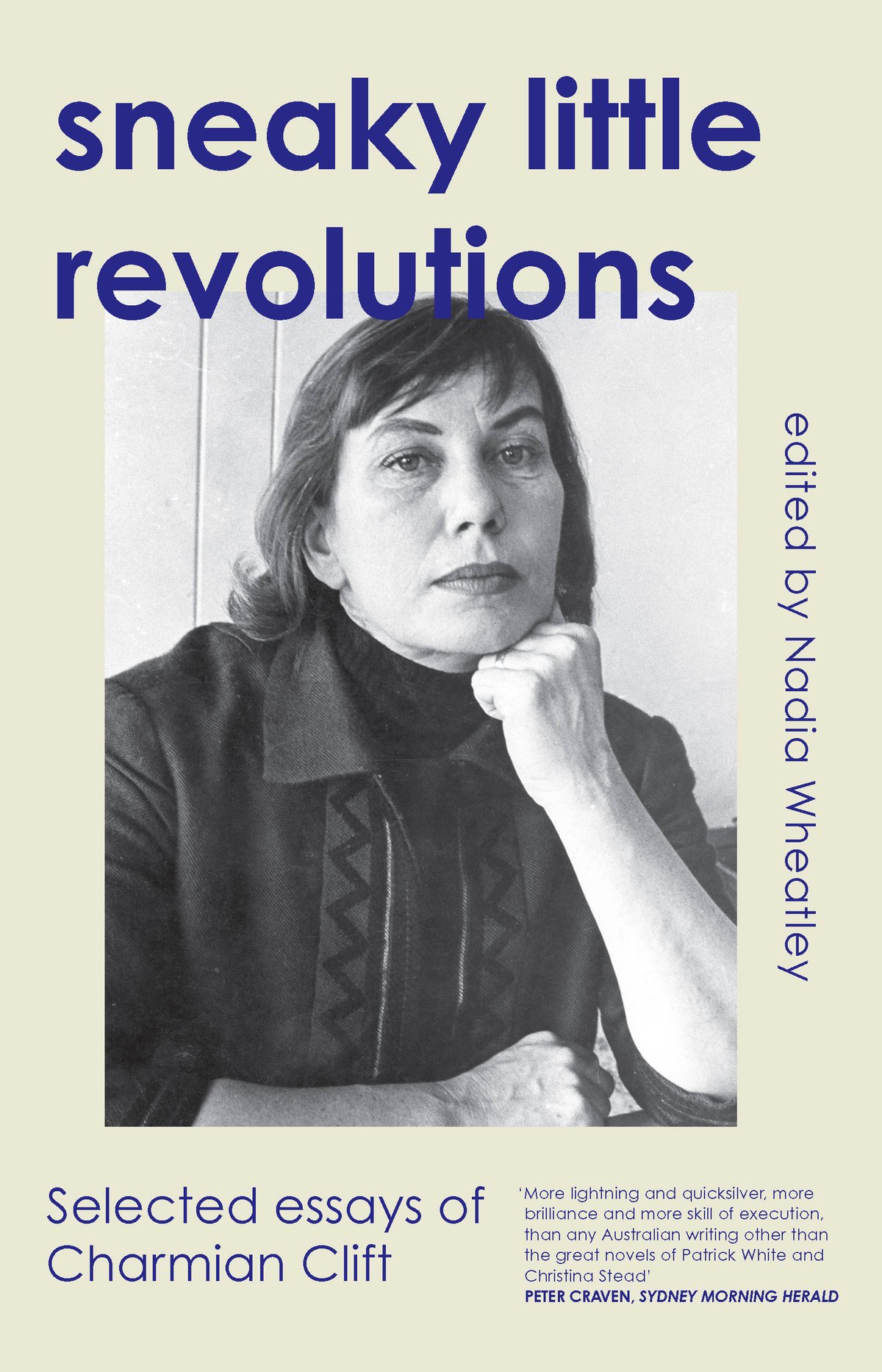
This new edition of Charmian Clift’s essays, selected and introduced by her biographer Nadia Wheatley, is drawn from the weekly newspaper column Clift wrote through the turbulent and transformative years of the 1960s. In these ‘sneaky little revolutions’, as Clift once called them, she supported the rights of women and migrants, called for social justice for Aboriginal and Torres Strait Islander people, opposed conscription and the war in Vietnam, acknowledged Australia’s role in the Asia-Pacific, fought censorship, called for a local film industry — and much more. In doing so, she set a new benchmark for the form of the essay in Australian literature.
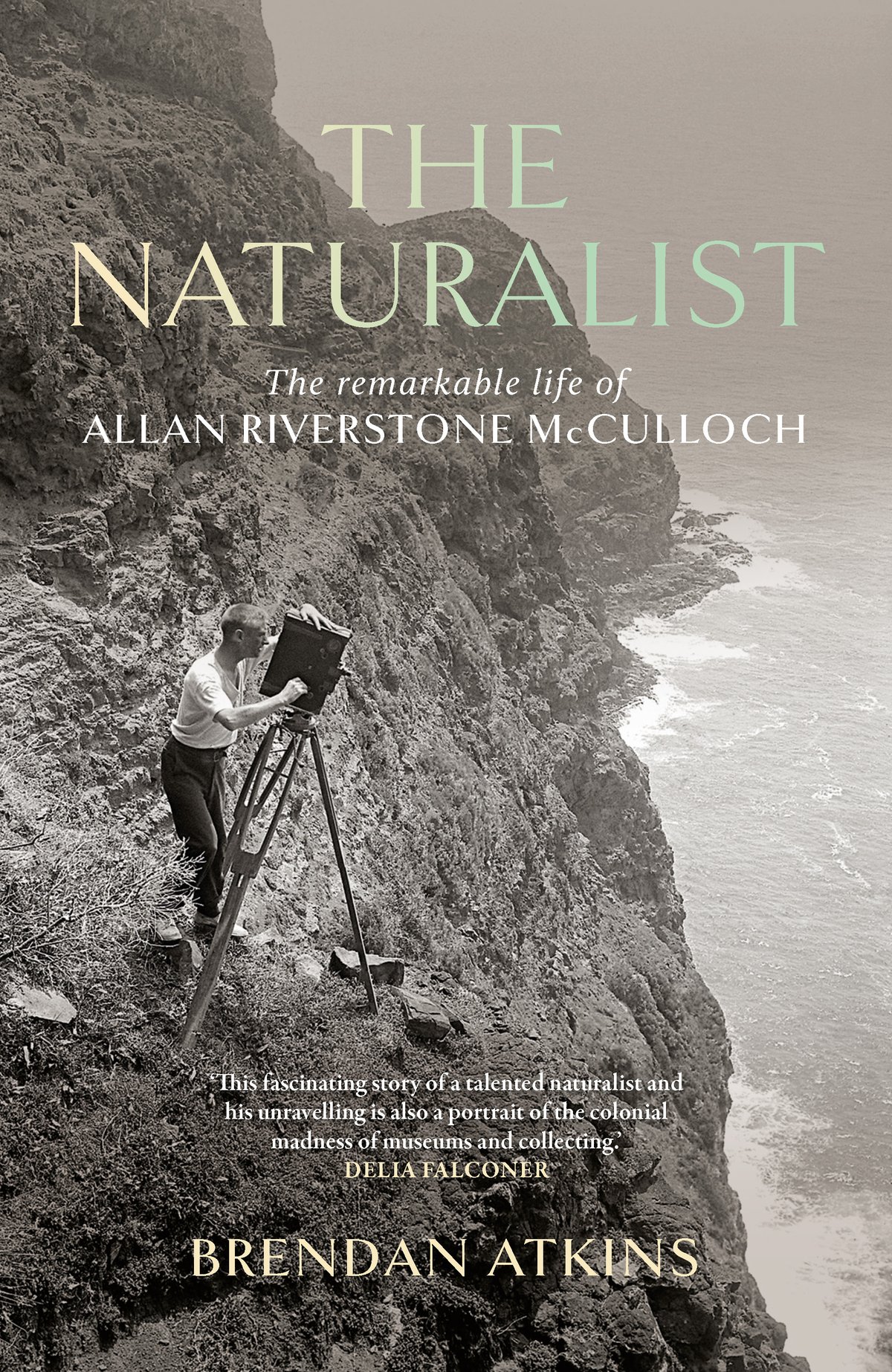
A free spirit and an expert on Australia’s fish species, McCulloch was happiest collecting specimens on field trips to the Great Barrier Reef, Lord Howe Island and beyond. He escaped office politics at the museum to accompany cinematographer Frank Hurley on an expedition to tropical Papua in 1922, but controversy erupted when officials accused them of stealing sacred artefacts. The trip also left McCulloch with dysentery and malaria, and his mental health declined.
In The Naturalist, Brendan Atkins explores McCulloch’s scientific genius and artistic talents, and his crucial role in the development of the Australian Museum. It’s a revealing and unflinching look at the remarkable life of a brilliant yet troubled scientist.


